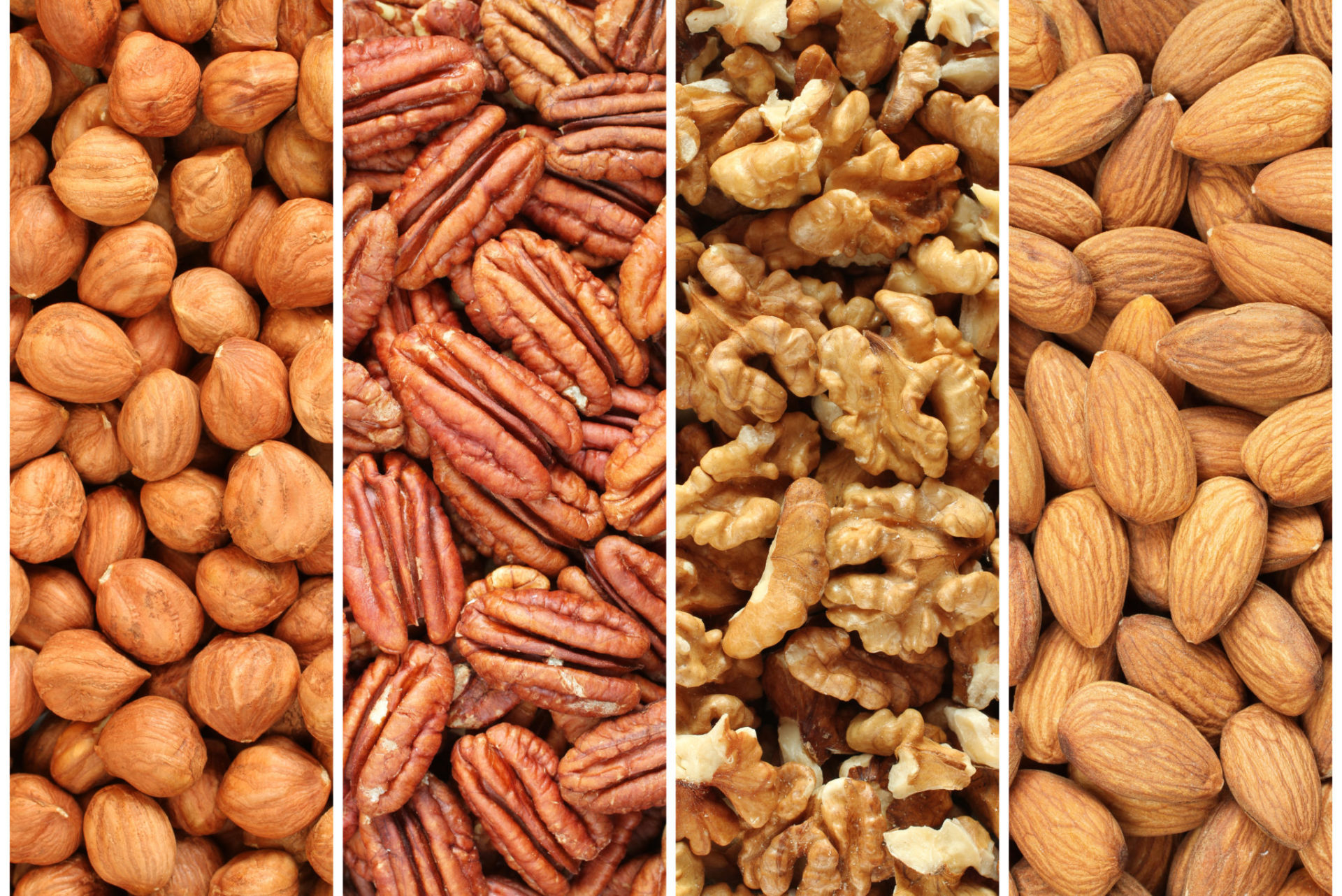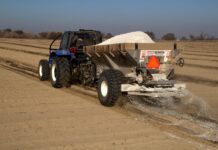During the COVID-19 pandemic, things are everchanging in our everyday lives and work environments. However, even during these times, farms are expected to meet the requirements set forth by the Food and Drug Administration’s Food Safety Modernization Act. But what does that mean for farms during and after the pandemic? We will discuss what you should know.
One of the adjustments made during this time is how the Food and Drug Administration will be enforcing the Food Safety Modernization Act (FSMA) rules. After COVID-19 cases started rising in the U.S., the FDA announced it would temporarily postpone all domestic routine surveillance facility inspections both for the health and well-being of inspectors, and because of industry concerns about visitors. In keeping with the White House Coronavirus Task Force and cross-government guidance, FDA directed all its eligible employees to begin teleworking, and has temporarily postponed all domestic routine surveillance facility inspections.
However, during the pandemic, the following still continue:
- Domestic for-cause inspection assignments will continue to be evaluated and will proceed if mission-critical;
- FDA will continue to respond to natural disasters, outbreaks and other public health emergencies involving FDA-regulated products;
- Those carrying out non-portable activities, such as certain lab activities or the monitoring of imported products, will continue to perform their work.
Specifically, for California, the California Department of Food & Agriculture (CDFA), who conducts routine inspections for the Produce Safety Rule (PSR) for farms, also postponed routine inspections. At the direction of FDA, CDFA will be only performing mission critical or “for cause” inspections during this time.
Safety Rule Inspections Underway
Produce Safety Rule inspections began in April of last year for large farms over $500,000 in average annual sales and this April for small farms with less than $500,000 and over $250,000 in average annual sales over the last three years. The CDFA inspectors had been conducting inspections throughout the state for commodities that were in their harvest season, but this changed right before the pandemic began, so expect this to be different when inspections begin after the COVID-19.
Inspections will now also be conducted during the harvest or growing season, so there will be a larger time frame for inspectors to inspect your farm. Previously CDFA was focusing on conducting inspections during harvest. However, given the short harvest times for some commodities, it is now extending inspections to the growing activities typically right before harvest as well. The PSR inspections are scheduled inspections, so you will be contacted by CDFA and a date will be set about a week after it has made contact with you.
The inspections are approximately 3 to 5 hours long, depending on the operation size and if the farm is prepared and following the requirements of the rule, especially documentation. The inspections are broken down into three parts: introductions, walkthrough and exit interview.
Insights on What to Expect
We have worked closely with CDFA and have recently discussed some of the most common findings of PSR routine inspections.
- Documentation, documentation, documentation! Be sure you are documenting the activities that are required by the rule, like sanitation activities, trainings, etc. Be prepared and ready to show the required documentation. We have learned, of the inspections that have occurred, the most frequent finding has been the lack of documentation or missing elements in the documentation. Inspectors have found farms comply with the activity but fail to document.
- All records must have the business address of the farm. You must include the farm company name and physical office/business address as well as location (i.e. lot or ranch #). It is not acceptable to simply write the farm name and farm lot number, there must be an address for the business.
- Another missing and yet simple element on records is making sure to include the time the required activities took place.
- If you are using synthetic fertilizers, ensure the blends are free of animal origin products (i.e. chicken pellets); otherwise ensure you are meeting the 120-day interval between time of application and harvest.
Although a food safety plan is not required, we highly recommend having a plan that collects all the necessary documentation and create an easy flowing inspection.
Although most farms are now required to be under compliance with the PSR, CDFA is still offering On Farm Readiness Review (OFRR) for the Produce Safety Rule for very small farms. The OFRR is set to measure the readiness of the farm or secondary activities on farm for the Produce Safety Rule. OFRR’s are offered to farms that are considered very small, less than $250,000 and more than $25,000 in average annual sales. The OFRR’s will begin after the pandemic and provide a good way to find out your deficiencies and be prepared for a routine inspection.
















